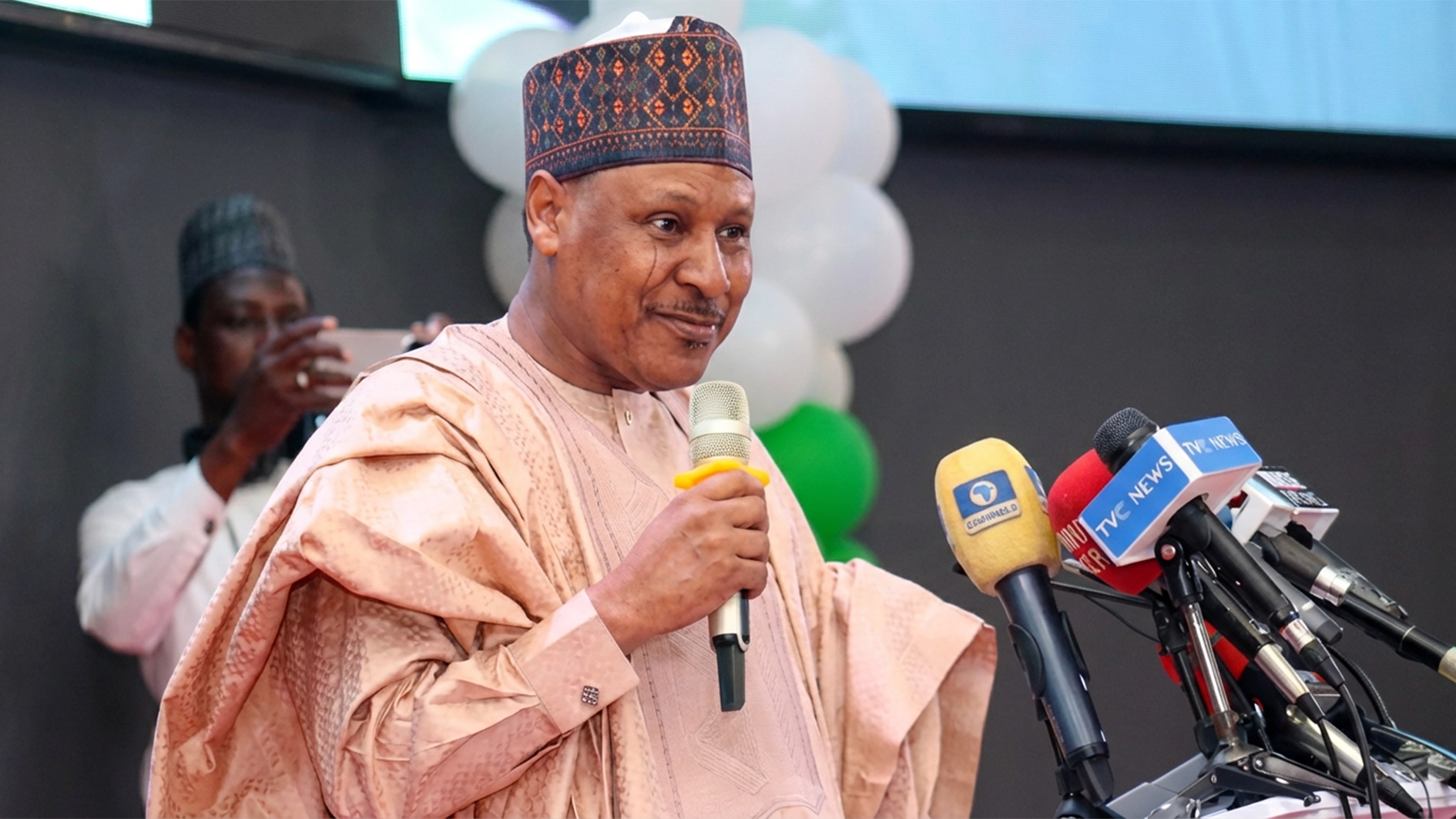
Managing Director of the Federal Mortgage Bank of Nigeria (FMBN), Shehu Usman Osidi, has backed the calls for owners of vacant houses in Abuja to be taxed, arguing that such a measure could boost funding of affordable housing for low and middle-income earners.
Speaking at a media briefing yesterday to mark his first year in office, Osidi stressed the need to bridge Nigeria’s housing deficit by ensuring that under-utilised properties contribute to the sector’s development.
He said: “Empty houses in Abuja should be taxed. We at the Federal Mortgage Bank of Nigeria are focused on financing affordable housing for low and medium-income earners.
“If these houses are taxed, it could encourage more investment in affordable housing, because most of the empty houses in Abuja are not accessible to our target customers.
“In Nigeria, we have houses we don’t need and need houses we don’t have.” Providing a breakdown of the bank’s financial performance over the past year, Osidi revealed that FMBN recorded a significant operational surplus of N11.58 billion in 2024, marking the first time in over 30 years that the institution had achieved such a milestone.
RELATEDLY, the organisation has provided at least a N100 billion loan for the construction of the Renewed Hope Housing Project nationwide. Osidi said in addition, they have provided direct funding of the sum of N19.9 for the project in Karsana, Abuja, as well as N27 billion facility for the housing project in Ibeju-Lekki, Lagos.
He explained that the two projects are on process automation for operational efficiency, stating that the briefing provides an opportunity to “reflect on our journey over the past year, highlight achievements, and share our strategic direction for 2025.”
Osidi continued: “When the management assumed office, we set forth a bold vision for the transformation of the Bank to enhance its efficiency, transparency, and impact on Nigeria’s housing and mortgage finance sector in Nigeria.
“Under the National Housing Fund operations, our collections grew by N3 billion in 2024, resulting in total collections of N103 billion compared to the N100 billion the Bank recorded in 2023.”
“This increase in NHS collections demonstrates renewed trust and participation in the NHS scheme by Nigerian workers. These key areas will include financial performance, operational performance, and our plans for 2025.”






